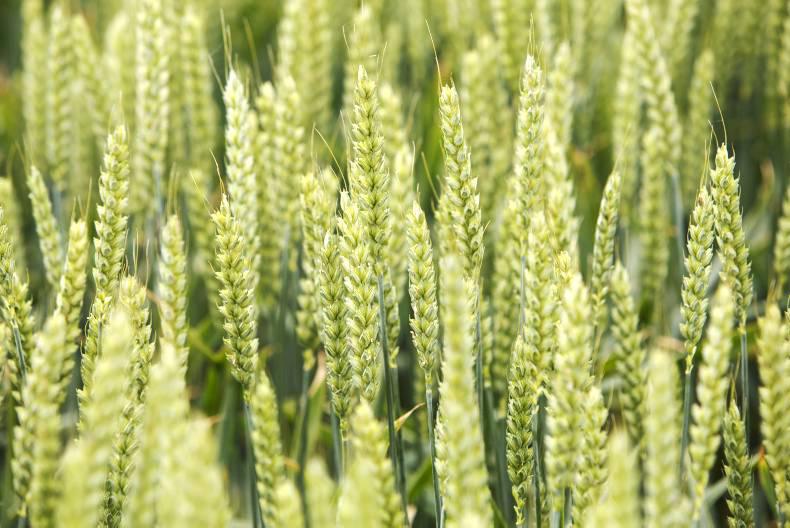Wheat is the world’s most cultivated cereal. It accounts for 20% of all calories and protein consumed. It is used equally in developed and developing countries, in pasta, bread, couscous and breakfast cereals.
While tillage farmers might feel that dull markets indicate supply is meeting demand, there is real concern about future supply. Demand has steadily grown due to population increases and has outstripped supply every other year since 1998. Indeed, since 1960, while global population has doubled to seven billion, wheat production has trebled, standing at over 2.3bn tonnes. Its increase has tailed off in the last decade, as research was focused towards crops where GM technology was embraced, particularly maize and soya.
The Wheat Initiative was set up in 2011 by the G20, a forum for the world’s most powerful nations. Its task is to ensure that a forecast 60% increase in demand is met. It has now produced its first major document, which sets out a strategic research agenda for the next 35 years.
Its stated agenda is to protect yield potential, increase the sustainability of wheat production systems, and ensure a supply of “safem high-quality wheat”.
GM technology has been identified as a critical tool, despite the presence of four EU countries in the G20 – Germany, France, Italy and the UK – as well as the EU itself, which is a full member. The EU has a cautious and highly politicised approach to GMs.
Wheat’s genomic map is more complex than that of other plants such as maize and soya bean, where GM technology is widespread outside Europe. The first task identified by the document is the unlocking of that genomic code. Nine private breeding companies are involved in the project with scientists representing 16 countries.
Wheat is the world’s most cultivated cereal. It accounts for 20% of all calories and protein consumed. It is used equally in developed and developing countries, in pasta, bread, couscous and breakfast cereals.
While tillage farmers might feel that dull markets indicate supply is meeting demand, there is real concern about future supply. Demand has steadily grown due to population increases and has outstripped supply every other year since 1998. Indeed, since 1960, while global population has doubled to seven billion, wheat production has trebled, standing at over 2.3bn tonnes. Its increase has tailed off in the last decade, as research was focused towards crops where GM technology was embraced, particularly maize and soya.
The Wheat Initiative was set up in 2011 by the G20, a forum for the world’s most powerful nations. Its task is to ensure that a forecast 60% increase in demand is met. It has now produced its first major document, which sets out a strategic research agenda for the next 35 years.
Its stated agenda is to protect yield potential, increase the sustainability of wheat production systems, and ensure a supply of “safem high-quality wheat”.
GM technology has been identified as a critical tool, despite the presence of four EU countries in the G20 – Germany, France, Italy and the UK – as well as the EU itself, which is a full member. The EU has a cautious and highly politicised approach to GMs.
Wheat’s genomic map is more complex than that of other plants such as maize and soya bean, where GM technology is widespread outside Europe. The first task identified by the document is the unlocking of that genomic code. Nine private breeding companies are involved in the project with scientists representing 16 countries.






 This is a subscriber-only article
This is a subscriber-only article





SHARING OPTIONS: